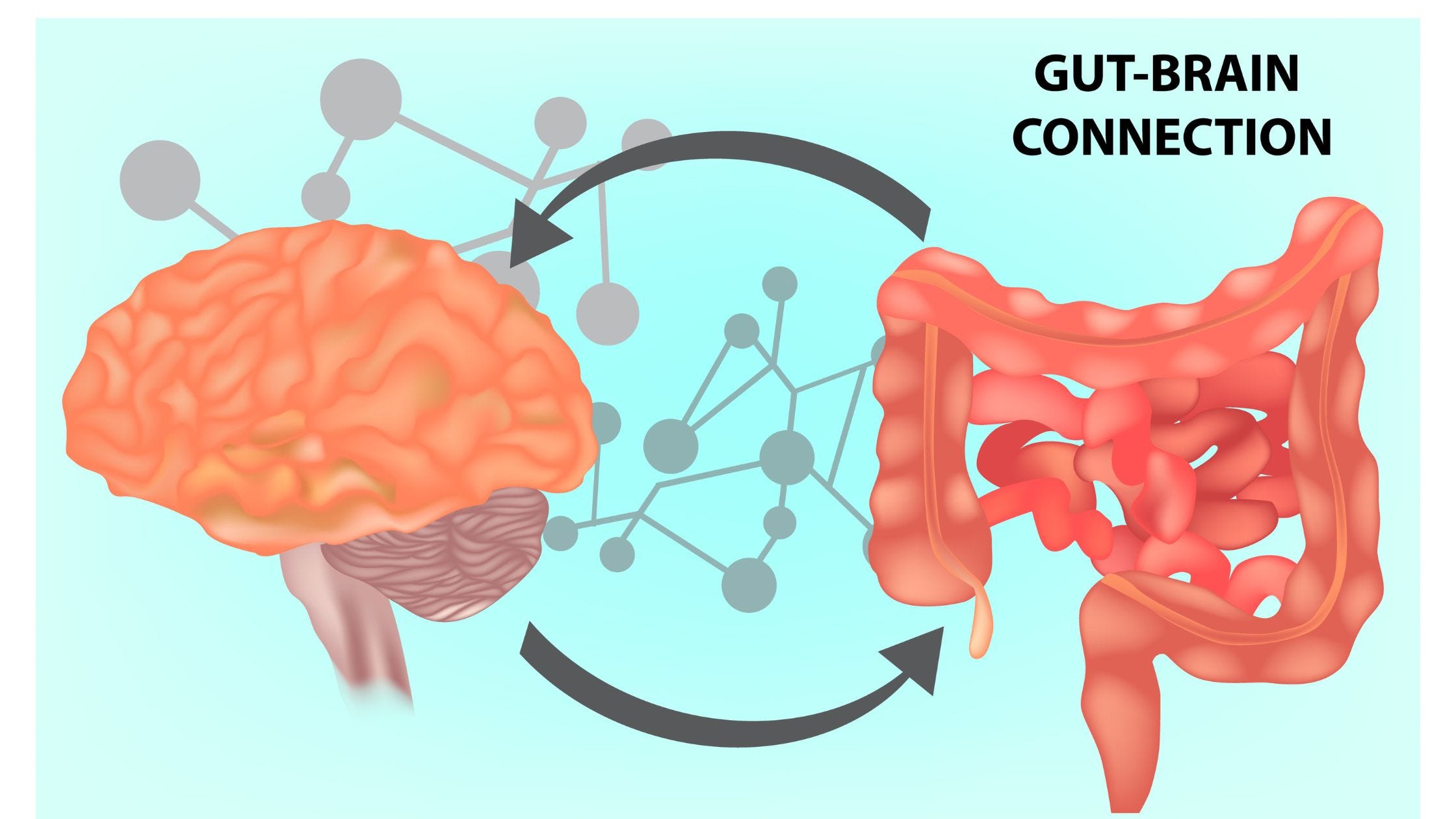
Benefits of Intermittent Fasting
Table of Contents
What Is Intermittent Fasting?
Intermittent fasting (IF) is an eating pattern that cycles between periods of eating and fasting. Unlike conventional diets, which focus on what foods to eat, intermittent fasting emphasizes when to eat.
Key Aspects of Intermittent Fasting:
- Time-Based Eating: Restricts food intake to specific windows during the day or week.
- No Calorie Restriction: Instead of limiting calorie intake, IF focuses on structured eating times.
- Natural Adaptation: Humans have practiced fasting throughout history, often for religious, cultural, or health reasons.
Intermittent fasting is used to support various aspects of health, including metabolism, energy levels, and cellular function.
How Does Intermittent Fasting Work?
During fasting periods, the body shifts from using glucose as its primary energy source to breaking down stored fat. This metabolic switch helps optimize energy utilization and cellular repair.
Key Processes Activated During Fasting:
- Ketosis: The body starts burning fat for energy instead of glucose.
- Autophagy: A natural cellular cleanup process that removes damaged components (Autophagy Journal).
- Insulin Sensitivity: Reduced insulin levels may support metabolic efficiency (Cell Metabolism).
By allowing the body time to rest from digestion, intermittent fasting may help support metabolic function and overall well-being.
Top Benefits of Intermittent Fasting
Intermittent fasting has been widely studied for its potential role in metabolic health, cellular function, and overall well-being. Below are some of the key benefits that have been linked to fasting practices.
Supports Metabolic Health
Intermittent fasting may help regulate metabolic function by influencing insulin sensitivity and energy utilization. By giving the body time to rest from constant digestion, it may support glucose metabolism and energy balance.
Potential Benefits for Metabolism:
- May help maintain normal insulin sensitivity (Cell Metabolism).
- May support lipid metabolism and energy efficiency.
- May contribute to balanced blood sugar levels.
May Help Maintain a Healthy Weight
Intermittent fasting is commonly used to support healthy weight management. By extending the fasting window, the body may shift to using stored fat as an energy source.
Potential Weight Management Benefits:
- May help regulate calorie intake without intentional restriction.
- Supports fat oxidation and metabolic flexibility (Obesity Research Journal).
- May reduce late-night snacking habits.
Supports Cellular Autophagy
Autophagy is the body’s natural cellular recycling process. During fasting, cells remove and recycle damaged components, supporting overall cellular health and longevity.
How Autophagy Benefits the Body:
- Helps remove cellular debris and dysfunctional proteins.
- Supports mitochondrial function and energy production.
- May contribute to healthy aging (Autophagy Journal).
May Help Support Brain Health
Intermittent fasting has been studied for its potential effects on brain function. Some research suggests that fasting may promote cognitive resilience and neuroplasticity.
Potential Brain Health Benefits:
- May support memory and learning processes.
- May help maintain balanced neurotransmitter function.
- Supports brain cell repair through autophagy (Neuroscience Journal).
May Support Healthy Inflammatory Response
Intermittent fasting has been studied for its potential role in maintaining a balanced inflammatory response.
Key Findings:
- May help regulate pro-inflammatory markers.
- May support oxidative stress balance (Journal of Inflammation Research).
- Supports cellular resilience and repair.
May Support Blood Sugar Balance
Fasting periods may help regulate blood sugar levels by reducing fluctuations in insulin and glucose responses.
Potential Benefits for Blood Sugar Management:
- May help support stable energy levels throughout the day.
- May contribute to insulin efficiency.
- Supports metabolic homeostasis (Cell Metabolism).
Different Types of Intermittent Fasting
Intermittent fasting is not a one-size-fits-all approach. Different methods allow for flexibility based on lifestyle, activity levels, and personal preference.
1. 16/8 Method
One of the most popular forms of intermittent fasting, the 16/8 method involves a 16-hour fasting window followed by an 8-hour eating window.
- Example: Eating between 12:00 PM and 8:00 PM, fasting from 8:00 PM to 12:00 PM the next day.
- May help support metabolic function and appetite control.
- May be easier to sustain long-term compared to extended fasting methods.
2. 5:2 Method
This method involves eating normally for five days and reducing calorie intake significantly (around 500-600 calories) on two non-consecutive days.
- May help maintain calorie balance while allowing dietary flexibility.
- Can be beneficial for those who prefer a structured weekly approach.
- Requires careful nutrient intake on fasting days.
3. Alternate-Day Fasting
Involves alternating between a fasting day (intake significantly reduced) and a normal eating day.
- May support metabolic adaptation and energy regulation.
- May be more difficult to sustain due to frequent fasting periods.
- Recommended for individuals experienced with fasting.
4. 24-Hour Fasting (Eat-Stop-Eat)
Consists of fasting for a full 24-hour period once or twice a week.
- Example: Finishing dinner at 7 PM and not eating until 7 PM the next day.
- May support digestion and cellular repair.
- Requires proper hydration and electrolyte balance.
5. Spontaneous Meal Skipping
This informal method involves skipping meals naturally when not hungry.
- Does not require strict fasting schedules.
- Encourages intuitive eating and appetite regulation.
- Ideal for beginners or those who want a flexible approach.
Common Myths About Intermittent Fasting
Myth #1: Intermittent Fasting Slows Down Metabolism
Short-term fasting does not slow metabolism. In fact, some research suggests it may help support metabolic rate and fat oxidation (Obesity Research Journal).
Myth #2: Fasting Causes Muscle Loss
Intermittent fasting does not inherently lead to muscle loss when combined with proper protein intake and resistance training (Journal of the International Society of Sports Nutrition).
Myth #3: You Can Eat Anything During Eating Windows
While intermittent fasting provides flexibility, nutrient-dense foods are still essential for metabolic function and long-term benefits.
Myth #4: Fasting Leads to Energy Crashes
While adaptation periods vary, many individuals report sustained energy and mental clarity once their body adjusts to intermittent fasting.
Frequently Asked Questions (FAQs)
Can intermittent fasting help with weight management?
Intermittent fasting may support a healthy weight by promoting fat metabolism and reducing overall calorie intake. It can also help regulate appetite and improve insulin sensitivity.
Will fasting make me feel weak or tired?
Some people experience fatigue initially, but as the body adapts to using fat for fuel, many report increased energy levels and mental clarity.
Can I drink water, coffee, or tea while fasting?
Yes, water, black coffee, and unsweetened tea are typically allowed during fasting windows. These beverages do not significantly affect insulin levels and can help with hydration.
Is intermittent fasting safe for everyone?
Intermittent fasting may not be suitable for individuals with certain medical conditions, pregnant women, or those with a history of disordered eating. Consulting a healthcare professional before starting is recommended.
How long does it take to see results with intermittent fasting?
Results vary based on individual metabolism, diet, and activity levels. Some people notice benefits within weeks, while others may take longer to adjust and see changes.
Final Thoughts on Intermittent Fasting
Intermittent fasting is a flexible and scientifically supported eating approach that may help maintain metabolic health, weight balance, and cellular function. The key to success is finding a fasting method that fits personal goals and lifestyle.
Key Takeaways:
- Intermittent fasting focuses on when to eat rather than what to eat.
- It may support metabolic efficiency, cellular repair, and brain function.
- Different fasting methods exist, allowing individuals to choose an approach that suits their needs.
- A balanced diet and hydration remain essential for long-term success.
By combining intermittent fasting with nutrient-rich foods and a healthy lifestyle, individuals may experience lasting benefits.
References
- Cell Metabolism - Insulin Sensitivity and Fasting
- Obesity Research Journal - Fat Oxidation During Fasting
- Autophagy Journal - Cellular Cleanup Process
- Neuroscience Journal - Brain Function and Fasting
- Journal of Inflammation Research - Inflammatory Response
- Journal of the International Society of Sports Nutrition - Muscle Preservation During Fasting















